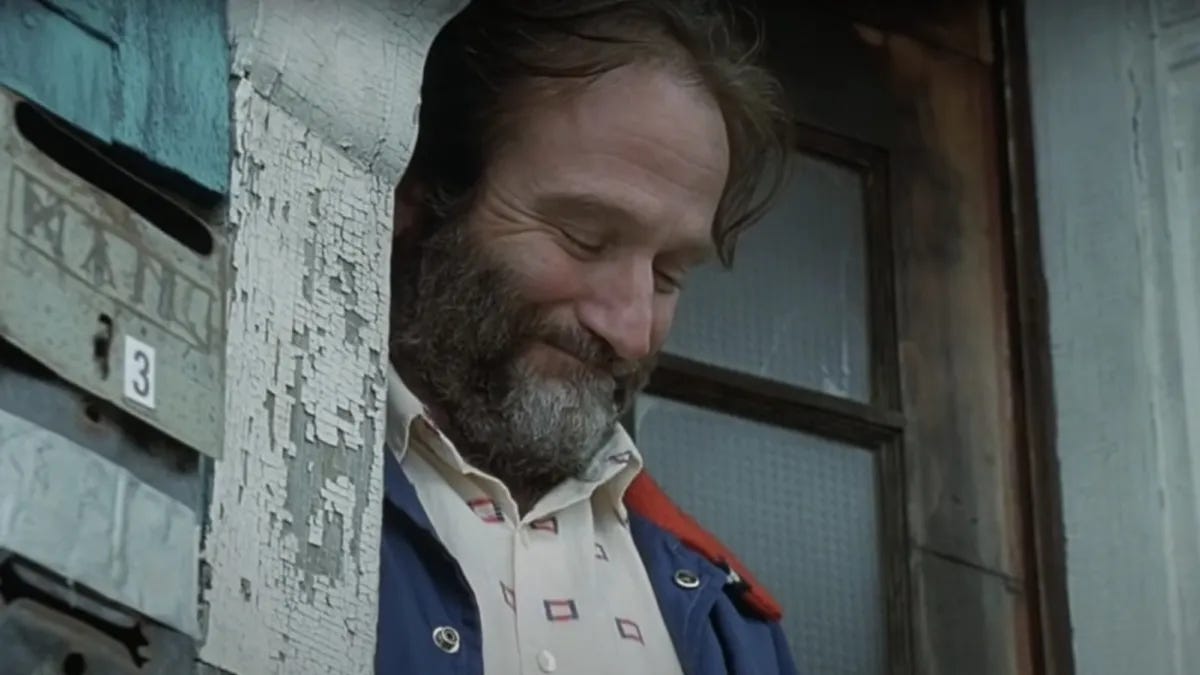Goodnight, my love. Goodnight, goodnight.
A retrospective on mental health and its impact on the death of Robin Williams
I’ve always worn my emotions on my sleeve, but never as a cry for attention or a plea for help. In the throes of depression, everything is heightened. Swallowing your feelings to hide them from the world is too cumbersome and I have a very low tolerance for masquerades.
Some people are really good at this. They compartmentalize their inner and outer selv…



